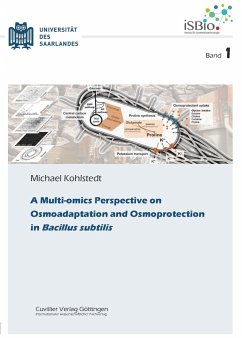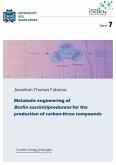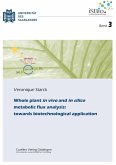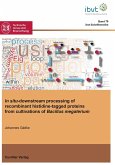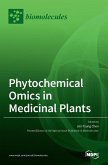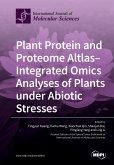In its natural environment, the soil bacterium Bacillus subtilis permanently encounters nutrient limitations and increases in osmotic stress. The present study investigated the systemswide response of B. subtilis to different simultaneously imposed stresses by combining chemostat experiments under conditions of carbon and nitrogen limitation, ionic and nonionic osmotic stress and osmoprotection with multi-omics analyses of the transcriptome, proteome, metabolome and fluxome. Surprisingly, the flux through central carbon and energy metabolism is very robust under all conditions studied. The key to achieve this robustness is the increased production of several enzymes of central carbon metabolism to compensate for their reduced activity in the presence of high salt. A major response of the cell during osmotic stress is the production of the compatible solute proline through the concerted adjustment of multiple reactions around the 2-oxoglutarate node, which drives metabolism towards the precursor glutamate. Co-regulations between the individual cellular components under the investigated stress conditions indicate that the fine-tuning of the transcriptional and metabolic networks involves functional modules that outreach single pathways. Additionally, the work shortly describes the salinity-decoupled fed-batch production of the compatible solute ectoine in Corynebacterium glutamicum and the contribution of precursor amino acids of the aspartate family.

